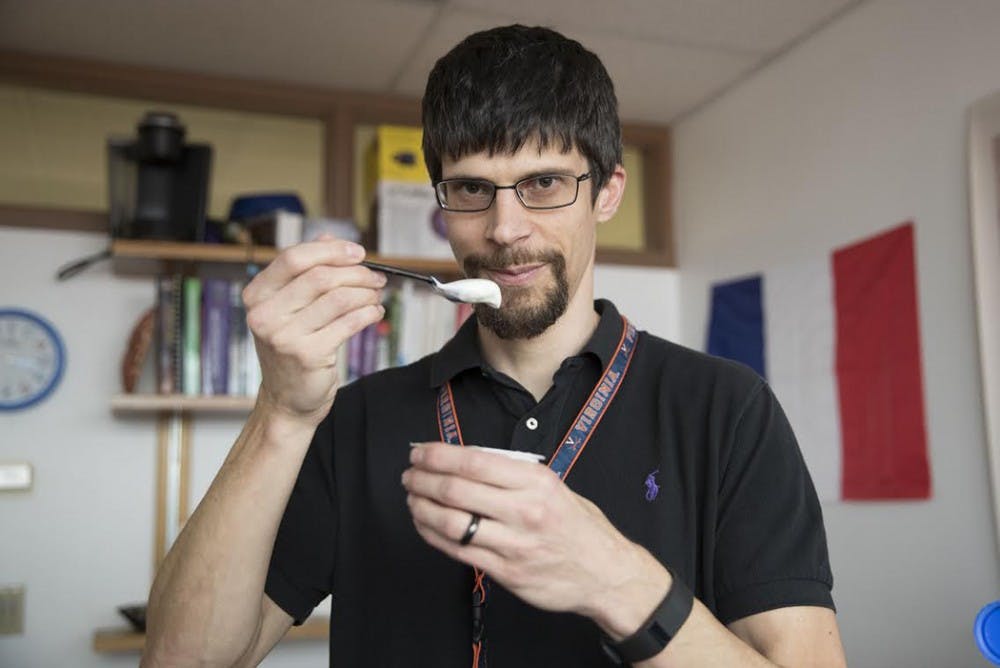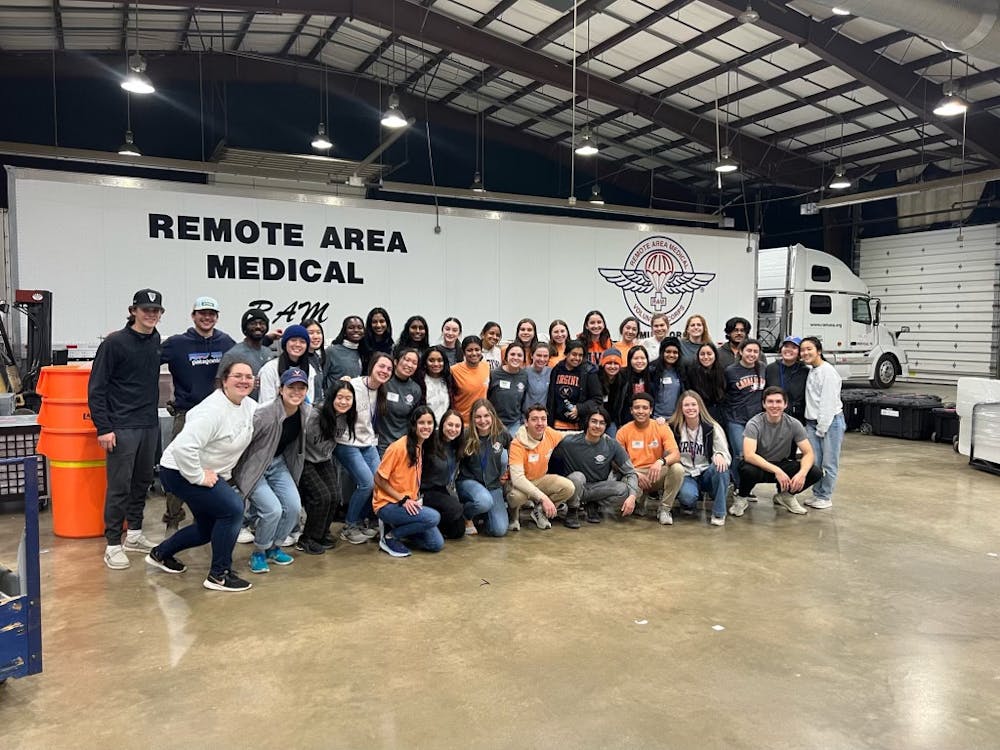While investigating methods for treating depression in Multiple Sclerosis patients, researchers discovered that Lactobacillus — a probiotic found in yogurt — can reduce symptoms of depression. A team of neuroscience labs in the School of Medicine found that levels of this bacteria directly influence mental health in mice exhibiting depression symptoms.
The initial link between the bacteria and depression was discovered in MS patients, who were being studied due to the high rate of depression with MS patients. Asst. Neuroscience Prof. Alban Gaultier then turned to mouse models and found that after being subjected to stress, mice had reduced amounts of Lactobacillus in stomach bacteria populations, or gut microbiomes.
In addition to the Gaultier lab’s contribution to the study, Jonathan Kipnis, University Director of the Center for Brain Immunology and Glia, individuals in the University Biology department associated with microbiome sequencing, the University Center for Public Health Genomics and the Michigan Metabolomics Core also provided vital data.
Researchers have previously established that exercise improves mental well-being, and this study furthers the growing body of data in support of a link between psychological and physiological health.
“Diet is a fascinating question, but it is so complex that we haven’t touched it yet,” Gaultier said. “But I think in the future, it’s going to be an important part of treatment — to take into account what you eat, the bacteria that you have and of course, old-fashioned drugs.”
Studies showed that reduced levels of Lactobacillus led to higher levels of kynurenine — a metabolite correlated with inflammation and influencing behaviors associated with depression.
While the kynurenine-specific mechanisms are unclear, Gaultier said he and his team are conducting experiments examining the bacteria’s effect on microglia — the brain’s immune cells — and oligodendrocytes — cells that improve brain-signaling speed — to gain better understanding of kynurenine’s influence.
Looking forward, the research team aims to determine whether humans experience the same effects as mice following a decrease in Lactobacillus. Based on these findings, they eventually intend to conduct trials adding the bacteria to diets of patients diagnosed with depression.
“I think that the dream or end-point would be to take this bacteria that will help you with your mood and fix your depression,” Gaultier said. “That’s what we would like to achieve because — when you think about it — it’s just modifying your diet or flaw and then you fix a lot of your biological issues.”
Second-year College student Joni Crawford has suffered from depressive symptoms for the past four years. When presented with the findings of the study and the potential relationship between yogurt consumption and improved mental health, Crawford expressed hope at avoiding antidepressant drugs shown to produce an array of undesirable side effects.
“I feel like since this is something that we’ve found in food, it would definitely be a better way to make antidepressants,” Crawford said. “Obviously I don’t know too much about probiotics, but I hope this research is something that could lead to the development of more drugs with less side effects.”
While more research will be conducted by Gaultier and Kipnis to pinpoint why Lactobacillus reduces depressive behaviors and how it affects humans, University researchers appear on the cusp of a simpler, more organic way to improve psychological well-being of patients.
“Current treatments are not very good and they come with a lot of side effects, like addiction ... So it’s time to come up with better options,” Gaultier said.





